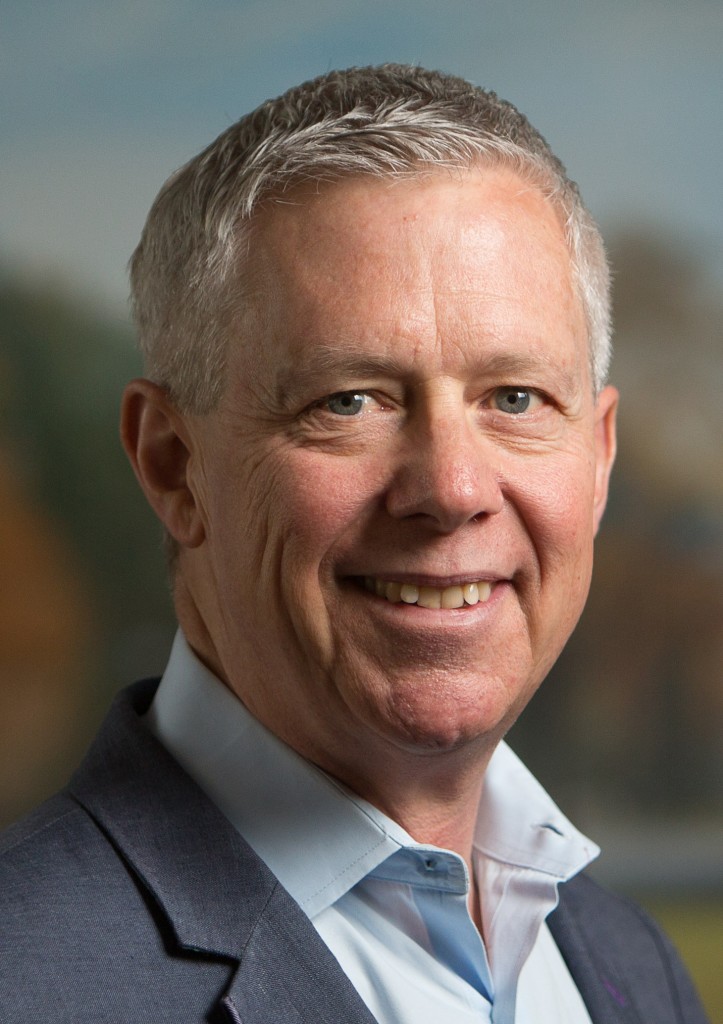
Governor Newsom’s musings have set tax reformers buzzing.
Deflecting a question at a budget briefing about where he stands on a ballot proposal to raise property taxes on business, the Governor disclosed his “desire is to use this as an exercise in bringing the parties together to see if we can compromise on a more comprehensive tax package.”
After years of stiff-arming by Governor Brown, could this be the moment for comprehensive tax reform? Will California taxpayers soon see a state budget featuring a progressive tax system, healthy revenues, but without our notorious volatility?
Not likely. To change the tax system, policy makers must overcome structural contradictions and constitutional barriers embedded in an unfriendly political landscape.
Volatility
First, a progressive tax system is unavoidably volatile. A “21st century tax system,” either in the interest of more progressivity or more revenues, will lead to more volatility.
This has been most obvious with the evolution of the personal income tax, which today accounts for 70% of all General Fund revenues, compared to just 45% in the mid-1990s. With greater progressivity has come more volatility: taxes on capital gains have bounced between 3.4% and 11% of total General Fund revenues — which amounts to a difference of more than $10 billion a year, depending on the economic cycle.
The more stable major revenue source has been the tax on the sale of tangible goods, but what may seem to be a feature is now considered a bug.
More retail transactions today involve services rather than tangible goods. Reformers therefore insist that the sales tax be extended to services, to reflect the 21st century economy. But purchases of services are more likely to be sensitive to economic cycles than are purchases of goods. Consumers are more likely to forego car washes and landscaping services during a recession than they are clothes purchases. What could be more vulnerable to an economic cycle than real estate transactions or architecture fees?
If volatility is the question, then a tax on services may not be the answer.
Legal Questions
Second, tax reform is legally fraught. Much of California tax law is in the State Constitution, most famously property tax rates, and relevant to this discussion: the top income tax rates. Voters approved Proposition 55 in 2016, which froze tax rates on high earners into place until 2031. Therefore, any reform that anticipates replacing the most volatile aspect of California taxation with a more stable source must get approval from the voters at a statewide election.
Voter Actions
Finally, the reason that the tax system looks the way it does is because voters like it that way. In the teeth of the recession, voters refused to renew a temporary tax approved by a supermajority of the Legislature that raised rates a small amount on each of the income, sales and car taxes.
When Governor Brown was faced with a deepening of the recession, and reluctance by Republican legislators to revisit the across-the-board increases, he turned to a tax he knew voters would approve: one that affected a relatively few wealthy taxpayers. He was right: Proposition 30 passed with 55% of the vote in 2012, and was re-upped with 63% of the vote in 2016.
Since 2016, state voters have also approved a tobacco tax and a targeted tax on a select category of corporations selling into California — neither of which could be considered a general, broad-based tax.
When it comes to a tax on services, voters may be more skeptical. A recent California Chamber of Commerce poll found that voters, by a 3 to 1 margin, oppose new taxes on services like lawyers, lawn care or automotive repair, even if applied only to businesses.
To be sure, not everyone is a tax reform skeptic. Senator Robert Hertzberg, a long-time proponent of “’21st century” tax reform, on the occasion of the Governor’s tax reform statement, agreed that “we are at a moment of great opportunity to make thoughtful reforms to our tax system.”
Nevertheless, the more likely outcome of the early optimistic speculation will be either the gravitational pull of the status quo, or an old-fashioned tax hike dressed up in the finery of reform.
Loren Kaye is president of the California Foundation for Commerce and Education, a think tank affiliated with the California Chamber of Commerce.

